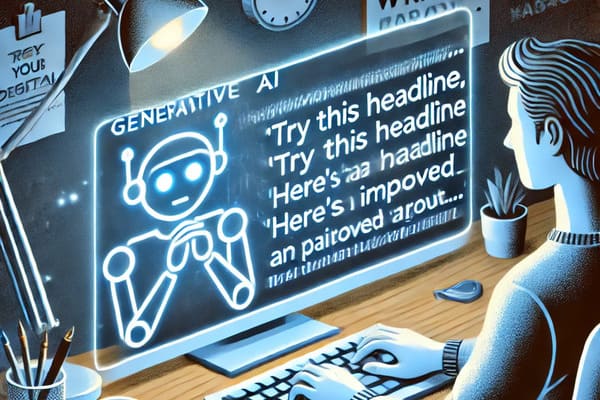If you’ve ever wished for a dedicated assistant to streamline operations, boost customer engagement, and manage tedious tasks, AI agents might be the solution your business needs. With rapid advancements in artificial intelligence, small businesses now have access to powerful AI-driven tools that can revolutionize their workflows without requiring massive budgets. Here are 10 innovative ways small businesses can make the most of AI agents for business growth:

Automating Customer Support with AI Chatbots
AI chatbots are transforming customer support by offering instant, round-the-clock assistance. These agents can handle common inquiries, resolve issues, and guide users through processes without human intervention. For instance, e-commerce platforms often use AI chatbots to answer questions about order tracking, product details, and returns, improving customer satisfaction while reducing support costs.
AI-Powered Email Marketing Campaigns
AI tools can help businesses create highly targeted email campaigns by analyzing customer data, predicting preferences, and suggesting optimal send times. Platforms like Mailchimp and HubSpot now incorporate AI features to recommend subject lines, personalize content, and improve engagement rates.
Enhancing Lead Generation with AI Agents
AI agents can efficiently capture and qualify leads using data-driven insights. By analyzing user behavior, these tools can predict which prospects are more likely to convert and suggest personalized follow-up strategies. For example, Drift’s AI agent automatically engages website visitors, nurtures leads, and books meetings with sales reps.
AI-Driven Inventory Management
For retail and e-commerce businesses, AI-driven inventory systems forecast demand patterns, reducing overstock or stockouts. Tools like Forecast and StockTrim use machine learning to analyze sales trends, seasonal changes, and supplier delays, ensuring better inventory control.
AI for Personalized Shopping Experiences
AI-powered recommendation engines can significantly boost sales by personalizing product suggestions. E-commerce platforms leverage these systems to suggest items based on browsing history, preferences, and past purchases, mimicking the tailored experience of an in-store assistant.

AI-Powered Virtual Assistants for Scheduling
Managing meetings, appointments, and reminders can become effortless with AI virtual assistants. Tools like Clara and x.ai autonomously schedule meetings, send reminders, and handle follow-ups, ensuring seamless coordination with clients and team members.
AI for Content Creation and Optimization
Content marketing has become easier with AI tools that generate blog posts, social media captions, and SEO-optimized content. Tools like Copy.ai and Jasper use advanced language models to produce engaging content that aligns with your brand’s tone and voice.
AI for Fraud Detection and Prevention
Small businesses handling transactions online can leverage AI-driven security systems to identify fraudulent activities in real-time. Platforms like Signifyd analyze transaction data, flagging suspicious patterns to reduce chargebacks and fraud risks.
AI Agents for HR and Recruitment
AI-driven recruitment tools help small businesses streamline hiring by analyzing resumes, ranking candidates, and even conducting initial screening interviews. Tools like HireVue and Pymetrics use AI to assess candidates’ skills and cultural fit efficiently.
AI-Enhanced Financial Forecasting and Budgeting
AI-driven financial tools help small businesses predict cash flow, track expenses, and generate accurate forecasts. Platforms like Float and Fathom use AI algorithms to analyze financial data and deliver actionable insights for better decision-making.
AI agents are no longer exclusive to large corporations; they are accessible, affordable, and highly effective for small businesses seeking smarter ways to operate. By embracing these innovations, businesses can boost efficiency, improve customer experiences, and unlock new growth opportunities.




